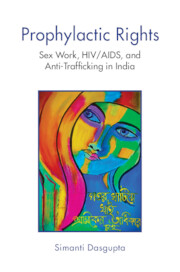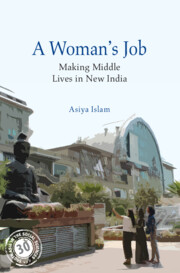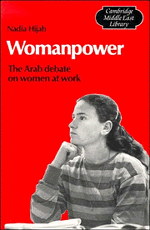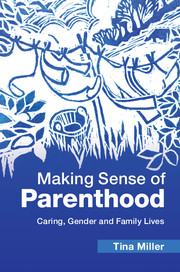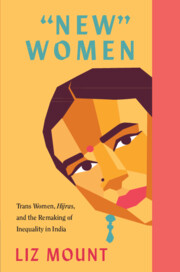Prophylactic Rights
Based on ethnographic work with Durbar Mahila Samanwaya Committee in Sonagachi, the iconic red-light district in Kolkata, Prophylactic Rights examines the emergence of labour rights at the intersection of HIV/AIDS and anti-trafficking. The primary disciplinary contribution of this book lies in bridging medical and legal anthropology through a corporeal understanding of sex work rights. It addresses the following questions: How does the labour rights narrative emerge through everyday negotiations with an epidemic and the law and what congeries of history, public health policies, legal regimes, and techniques of subjection and subversion impede and impel the labour movement? The book will fill a gap in existing research by investigating what it means to be a sex worker in Sonagachi struggling for labour rights based on their lived experiences and bring focus to their struggles for rights and acknowledgement as equal members of society.
- Foregrounds the voices and lived experiences of the sex workers
- Demonstrates the inseparability of medicine and law through a medico-legal framework of research
- Establishes the need to depart from the 'victim' to the 'labor' narrative in informal labor sectors including sex work in the Global South
Reviews & endorsements
‘A richly textured ethnography of sex work and workers in a red-light district of Kolkata, India. There have been quite a few studies of the pioneering sex workers’ organisation, Durbar, which led the shift in nomenclature from ‘prostitution’ to ‘sex work’ in India and the movements for unionization and labour rights in the sector. This study shows the links between public health concerns and the articulation of rights in sex work, a historical connection from nineteenth-century colonial times. Dasgupta successfully moves beyond the unhelpful polarization between abolition and regulation to focus on agency and the modes and processes of self-regulation. This brilliant book brings to vibrant life the voice of the sex worker, agent of her labour and mobility, and fashioning her own politics.’ Samita Sen, University of Cambridge
‘Prophylactic Rights is a meticulously researched and engagingly written analysis of the government’s surveillance of sex workers in the context of neoliberal market reforms in India. Simanti Dasgupta’s critical contributions are to identify the many connections between anti-trafficking measures and HIV/AIDS prevention, and to advance the emerging conversation between medical and legal anthropology. Dasgupta sensitively documents the complexity of lived experiences of women sex workers, illustrating how sex workers are both constructed as new subjects of governmentality and inspired to exercise collective agency through contemporary labor rights. Prophylactic Rights is a must-read for all those interested in feminist anthropology, medical anthropology of HIV/AIDS, and the anthropology of human rights.’ Richard Ashby Wilson, University of Connecticut School of Law
Product details
October 2024Adobe eBook Reader
9781009383929
0 pages
This ISBN is for an eBook version which is distributed on our behalf by a third party.
Table of Contents
- Acknowledgements
- List of images
- Introduction: The Karmi [Worker]: From Pesha (Prostitution) to Kaaj (Sex Work)
- 1. The Laboring Gatar: The Body Between Suffering and Risk
- 2. Condom-Wallis [Condom Sellers] and Condom Narratives
- 3. The Politics of Victimhood: Pachar and Trafficking
- 4. The Mela, Unfreedom and Mobility
- Epilogue: Another Virus, Another Lockdown with Tarun Basu
- Bibliography
- Index.

